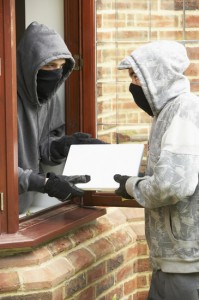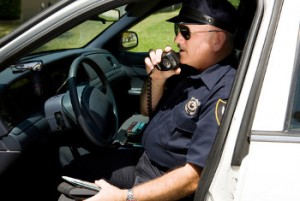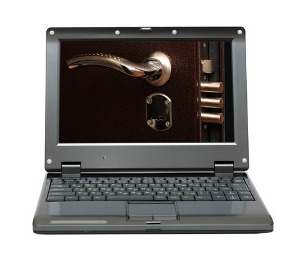Having a lost or stolen network laptop computer can be a very costly error for colleges and universities, especially if the missing computer is being used to store personal data about students, faculty, alumni, applicants, contributors or volunteers at the school.
In recent news, Warren County Community College in New Jersey confirmed that an employee "working from home in the evenings" lost a laptop computer that contained the personal information, including the names and social security numbers of as many as 5,461 people, including past and present students and college applicants.
In response to this data breach, the college has set up a privacy hotline and has offered those that were affected by the breach a one year membership with Experian's ProtectMyId service.
Last month it was disclosed that Cal State Bakersfield had a wide array of electronic equipment lost or stolen from their campus. This included 83 computers - 20 of which were laptops - valued at almost $165,000.
The items were found missing after the school did an inventory check of items owned from 2008 until February 2011.
Other missing items at CSU Bakersfield included cameras, copiers, a server, projectors and even a potters wheel. While some of the computers were located, 80 of these computers remain accounted for. It's expected that the college will write off any unrecovered computer equipment from their inventory.
Laptop computers remain to be a highly targeted item for thieves, whether it's owned by an individual or an organization such as university. Anyone that wants to protect their valuable computer assets and sensitive data would be well served to use encryption on Email, files and other sensitive data to keep unauthorized people from accessing key data.
Laptop security adds an extra layer of security so laptop computers can be locked down, preventing the person that has the machine from using it or reselling it. GPS tracking and IP logging aid in identifying it's physical location so it can be recovered.
Losing a laptop computer with critical information not only costs your Organization the loss of the physical equipment, it also damages your reputation and could cost your college thousands of dollars to pay for credit monitoring for anyone affected by it, which increases the overall cost for non-compliance as it pertains to laptop security best practices.
Remember - it's always better to be safe, than sorry. Especially as it relates to laptop computer security.














